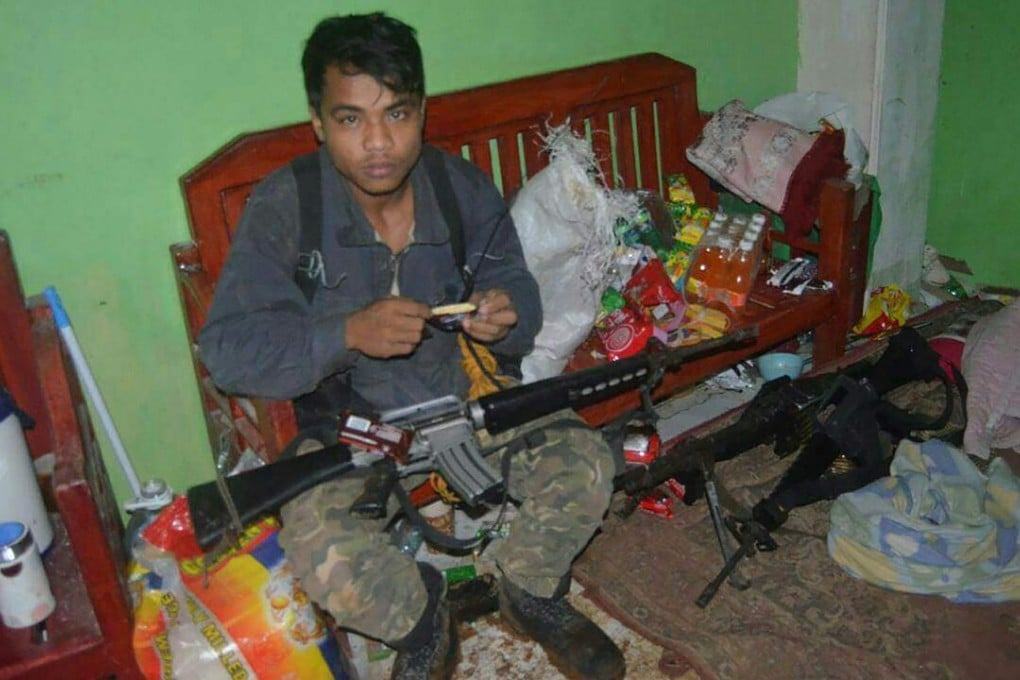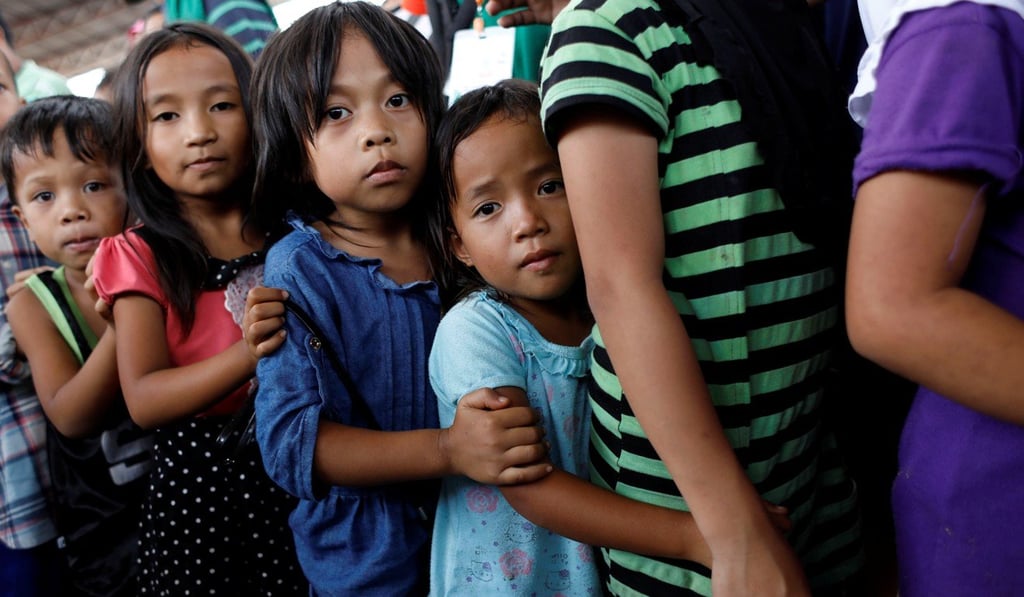Philippine insurgents making soldiers of children, thanks to widespread alienation
Reuben James Barrete and Luke Lischin argue that, to end the tragedy of child soldiers, peace negotiations between the Philippine government and insurgent groups must make room for settling the grievances of the youth

The tragedy of child soldiers extends beyond the suffering of the children themselves; available analysis indicates that child soldiers prolong conflicts where deployed, because children, while less capable fighters than adults, are more impressionable, coercible and possibly less likely to give up.

Cost to rebuild war-shattered Philippine city could surpass US$1 billion
However, varying factors enable child recruitment, including high poverty, government neglect and lack of basic social services. In special cases, abuses and injustices by the Armed Forces of the Philippines and other government groups fuel children’s desires to avenge injustices or defend their communities. Community members who believe the armed groups’ ideologies affirm these sentiments. Allegations have surfaced that children are not only trained to hold arms and fight against state authorities but also undergo camp-based education, including social awareness exercises plus ideological and political programming to solidify their loyalty.
In countries with a youth bulge like the Philippines, children are a source of easily obtainable manpower. Armed groups consider them long-term investments, because when children mature during a conflict, they become better equipped physically and mentally for conflict. Consequently, child soldiers are frequently a stumbling block for peace processes, which seldom include provisions for demobilising and rehabilitating child fighters.